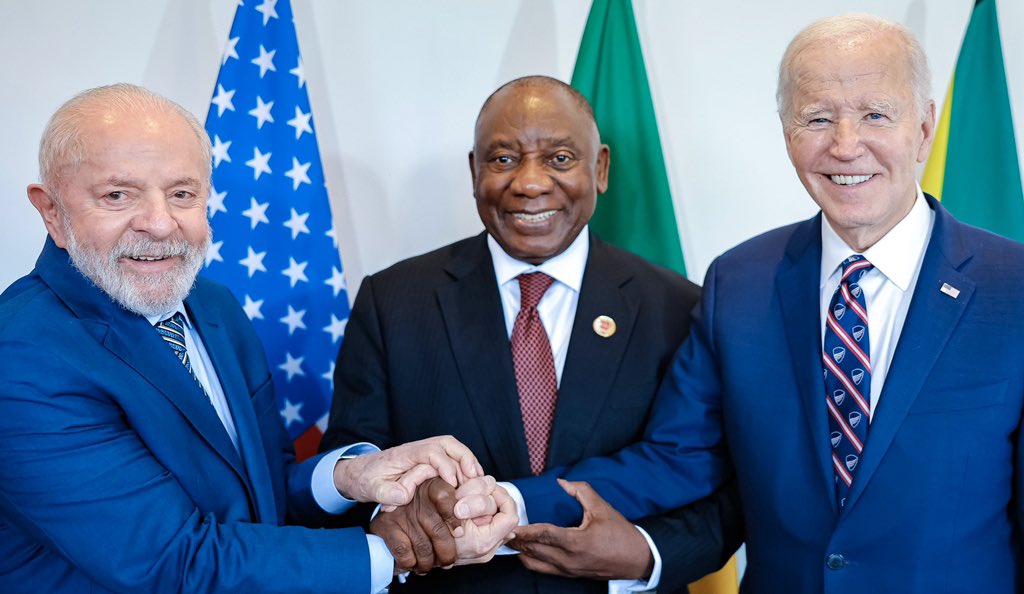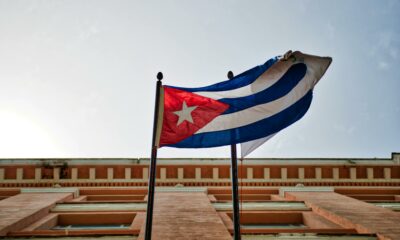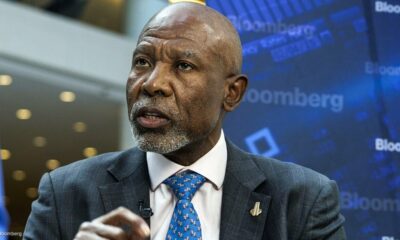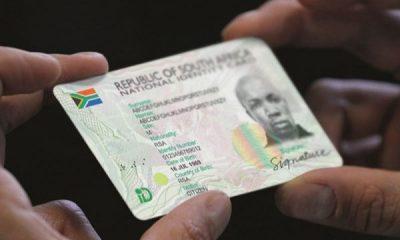Business
A Faster Financial Future: South Africa’s G20 Presidency Puts Cross-Border Payments in the Spotlight

Sending money across borders should be as simple as sending a text message. Yet, for millions of people and businesses, it remains a slow, expensive, and opaque process. Now, South Africa has a unique opportunity to change that. As the chair of the G20, the South African Reserve Bank is placing the modernization of cross-border payments at the very top of the global financial agenda.
This move signals a commitment to building a more inclusive and efficient global financial system, one where the movement of money keeps pace with the digital age. For a country deeply connected to the African continent and the world, leading this charge is both a strategic and a practical necessity.
Why Cross-Border Payments Need a 21st-Century Upgrade
Think about a migrant worker sending earnings back home to their family. Or a small business in Johannesburg trying to pay a supplier in China. The current system for these transactions is often fraught with delays. Funds can take days to clear. High transaction fees eat into the money that is sent, and a lack of transparency means you often don’t know the exact amount that will arrive on the other end.
These frictions are a drag on the global economy. They stifle trade, especially for small and medium enterprises, and they disproportionately affect the poor, for whom every rand, dollar, or euro in fees matters. The SARB’s focus acknowledges that in an interconnected world, a sluggish payment system is a barrier to shared prosperity.
The G20 Platform: A Catalyst for Global Change
South Africa’s presidency of the G20 provides a powerful podium to drive this issue forward. The G20 is a forum of the world’s major economies, and a consensus here can lead to tangible, worldwide action. The SARB is not just raising a problem; it is championing the implementation of a roadmap already established by the G20 to fix it.
This involves collaborating with other central banks, international standard-setting bodies, and private financial institutions. The goal is to align regulations, encourage technological innovation, and build new infrastructure that can make payments instantaneous, cost-effective, and fully transparent for users everywhere.
What a Modernized System Means for South Africa and Africa
For South Africa and the wider African continent, the benefits of this initiative could be transformative. Africa has one of the highest costs for sending and receiving remittances in the world. Cheaper and faster channels would mean more money in the pockets of families who depend on these funds for their daily living.
Furthermore, smoother cross-border payments are the bedrock of increased intra-African trade. As the African Continental Free Trade Area (AfCFTA) becomes a reality, businesses need a financial system that can support their ambitions without imposing crippling costs and delays.
By leading this conversation on the global stage, the South African Reserve Bank is doing more than just managing monetary policy. It is helping to architect a more equitable and efficient financial future, not only for its own citizens but for people across the developing world. It is a clear signal that South Africa is ready to help build a global economy that works for everyone.
{Source: sabcnews}
Follow Joburg ETC on Facebook, Twitter , TikTok and Instagram
For more News in Johannesburg, visit joburgetc.com



























